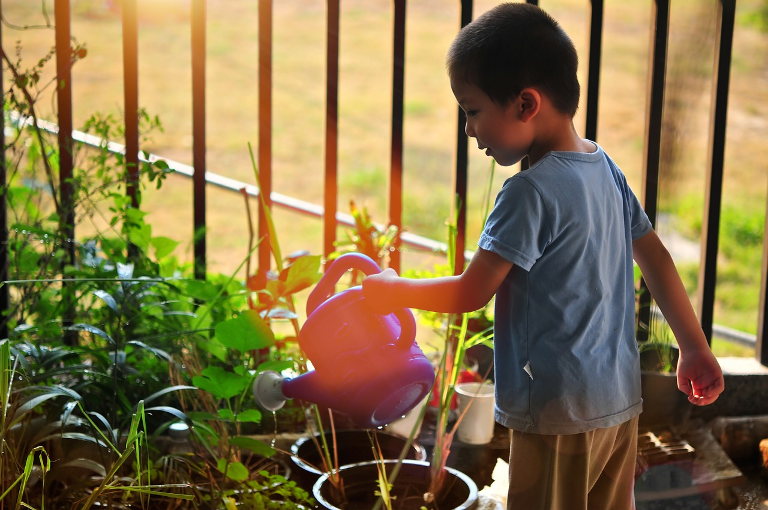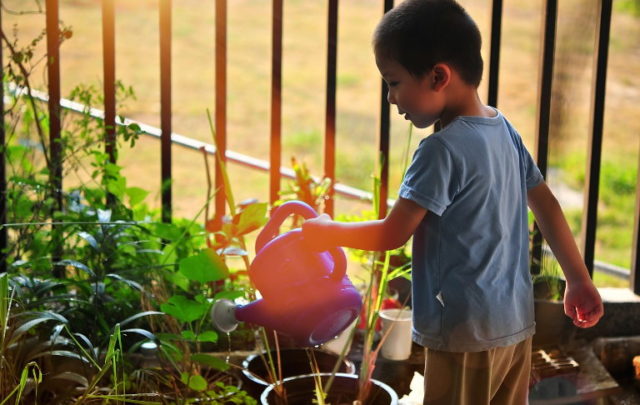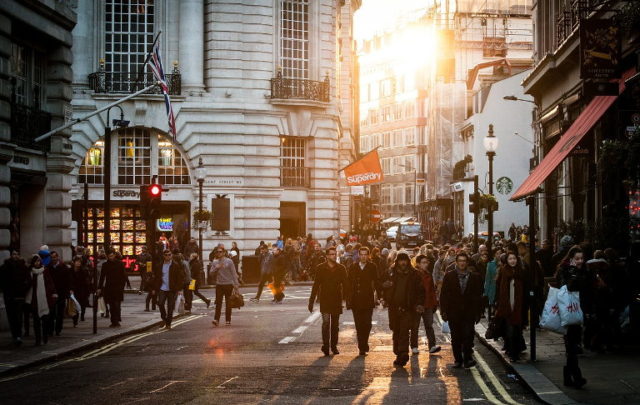For more than thirty years, the world community has tried to resolve the combined challenges of environmental degradation, fossil fuel dependence, economic inequality, and persistent social injustice, largely under the banner of internationally brokered “sustainable development.” It is clear today that the pace of these global trends has not been slowed, let alone stopped or reversed. The scale of these trends has grown, and their effects have become so widespread that they now threaten the stability—in some cases, even the existence—of communities around the world. The global sustainability challenges of the past have become the local resilience crises of today.
Resilience is the ability of a system—like a family, a country, or Earth’s biosphere—to cope with short-term disruptions and adapt to long-term changes without losing its essential character. A crisis is an unstable state of affairs in which decisive change is both necessary and inevitable. We depend on the resilience of all the systems that support us for life and well-being; if these systems falter, we suffer. Today we face four major crises—environmental, energy, economic, and equity (the “E4 crises”)—that threaten to overwhelm the resilience of the systems we care about, particularly at the local level. On the bright side, there is now more clarity than in the past about how to understand these crises and most effectively deal with them.
This book, The Community Resilience Reader, digs deeper into the E4 crises, explores resilience thinking and related tools like systems literacy, and shows how the notion of community resilience building can be applied to specific areas of community concern like energy, food, and consumption. Here are some of the underlying assumptions we build upon throughout this book:
- Approaches to the E4 crises must be grounded in critical thinking, sober expectations, and acceptance of geophysical realities.
- Systems literacy is essential for understanding our systemic, multiscalar, complex challenges and for developing effective responses.
- Sustainability and resilience are distinct but complementary concepts. As Charles Redman has put it, “Sustainability prioritizes outcomes; resilience prioritizes process.”
- Building resilience means intentionally guiding a system’s process of adaptation so as to preserve some qualities and allow others to fade away, all while retaining the essence—or identity —of the system. Therefore, the people who inhabit a community must be at the heart of the resilience-building process.
- Communities are the ideal level of focus for building resilience because the particular powers held at the state and local government levels in the United States make this kind of work possible.
The failure of international sustainability efforts to thwart these crises means that resilience-building efforts at a community level—working on all issues and systems, not just on climate change and infrastructure—are needed more than ever. The charge to build community resilience, however, raises important questions: Resilience of what, exactly? Resilient to what, exactly? Building resilience how, and benefiting whom? The Community Resilience Reader aims to answer these questions.
This post is based on a chapter from Post Carbon Institute’s 2016 book The Community Resilience Reader: Essential Resources for an Era of Upheaval.





